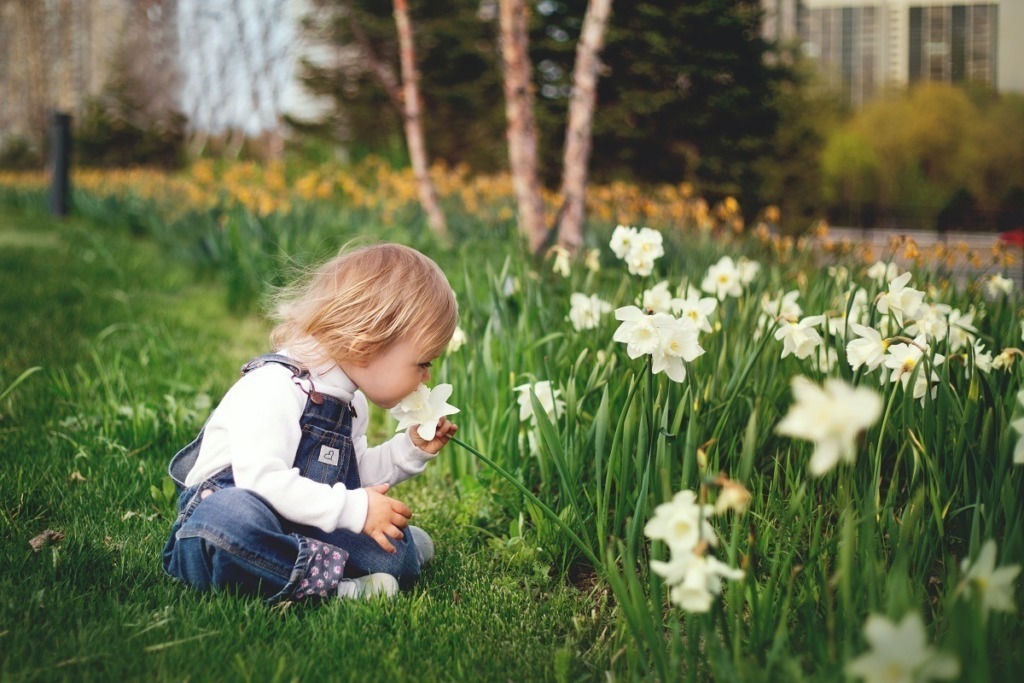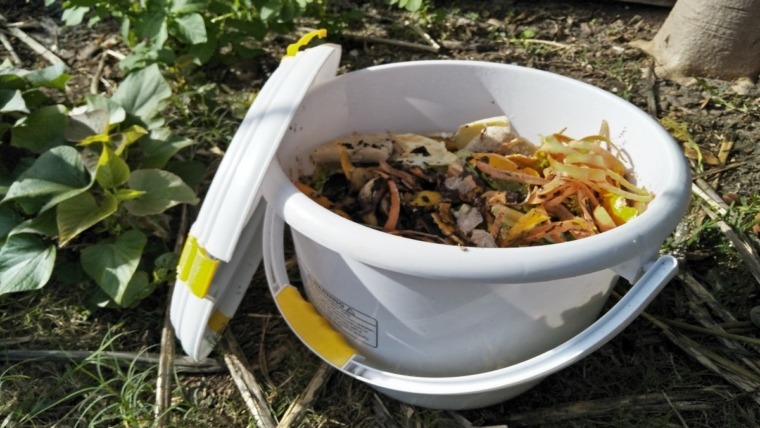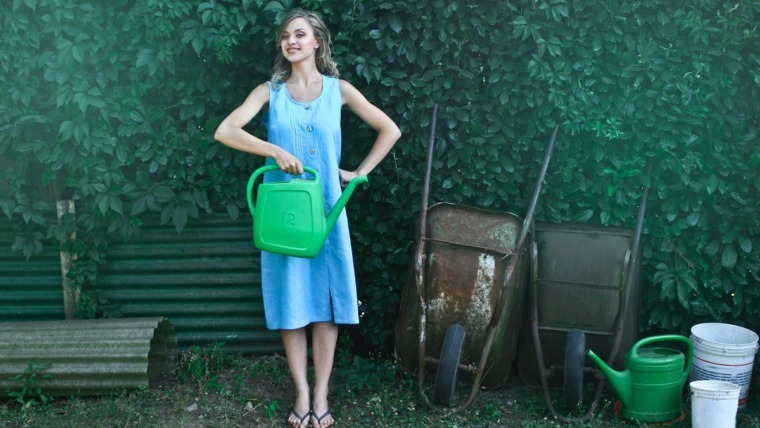
Written by Cath Manuel
As an enthusiastic gardener I can always relate to quotes and wise words on the amazing benefits of spending time in the garden and connecting with nature.
One word that comes to mind is Biophilia. The meaning of this is – a love of life and the living world. 1.
We all have an innate connection to nature and to care for other forms of life. To spend time within nature means we are fulfilling that connection within us, which helps to improve our health and well-being.
One of the best ways to connect with nature is through gardening! Gardening provides opportunities to learn, explore, stimulate senses and experience many of life’s lessons, which is perfect for children.
It also helps to reduce stress, anxiety and increases self-esteem, stimulates the senses, increases fitness levels and provides great opportunities for social interaction. 2.
With so many kids now plugged into electronic technology, encouraging them into the garden will help to balance time between screens and sunshine.
To help your kids develop an understanding and interest in nature, you’ll find it’s best to spend time with them in the garden to help ignite an interest. If you’re outside having fun, it’s more likely your kids will join you.
If you’re not an avid gardener, or you are a bit of a ‘brown thumb’, then here’s a few ideas to get you growing -
- Start with small steps. Just getting outside together can be a great start.
- Look around at what you have growing in the garden or look at birds, bugs, worms and other critters around you. This is where the interest begins.
- Touch, smell, look, hear and taste (if you have edible plants) what’s growing in the garden. Children are always amazed at what’s out there!
- Don’t freak out if they get dirty. Everything can be washed off and the experience is so much better when you get your hands and feet in the dirt or on the grass (They’ll actually build up their immune system by connecting with the earth). Always wash hands when you are finished. This sets up good hygiene habits with kids.
- Don’t set them up for failure. Always set small tasks that you know they can achieve. This helps to build confidence and they are likely to enjoy the activity if they experience positive results.
- Worry less about the outcome and think more about the experience. As the old saying goes ‘It’s all about the journey, not the destination’. This is so relevant when gardening with children. The gardening activity is of most benefit when the experience is enjoyed, not worrying about the end result. You can always go back afterwards and fix things if needed!!
Here are a few simple activities to help you and your family get started…
- Plan what to grow – This teaches kids about our different seasons through the year and how different plants grow within each season. Try salad greens in summer and veggies like Kale and Broccoli in Winter. Kale Chips are delicious!!
- Seed sowing – Sow seeds to grow new plants. This helps children understand life-cycles. Try growing Parsley, Chives or Lettuce…these are the easy ones to grow!
- Micro-greens – itty bitty gardens packed with nutrients. A simple and quick way to grow edible plants in very small spaces.
- Composting and worm farms – reduce waste and re-use it in the garden. Kids love compost and poo!!
- Creative containers – recycle old items to grow plants in. I love growing in old boots, buckets, wheelbarrows and bath tubs
There are many ways of introducing your kids to gardening and once an interest in nature is ignited, it will last throughout their life. What an amazing gift to give our kids.
References -
- Biophilia meaning from www.dictionary.com
- Simson and Strauss 1998. Horticulture as Therapy, Principals and Practice.



